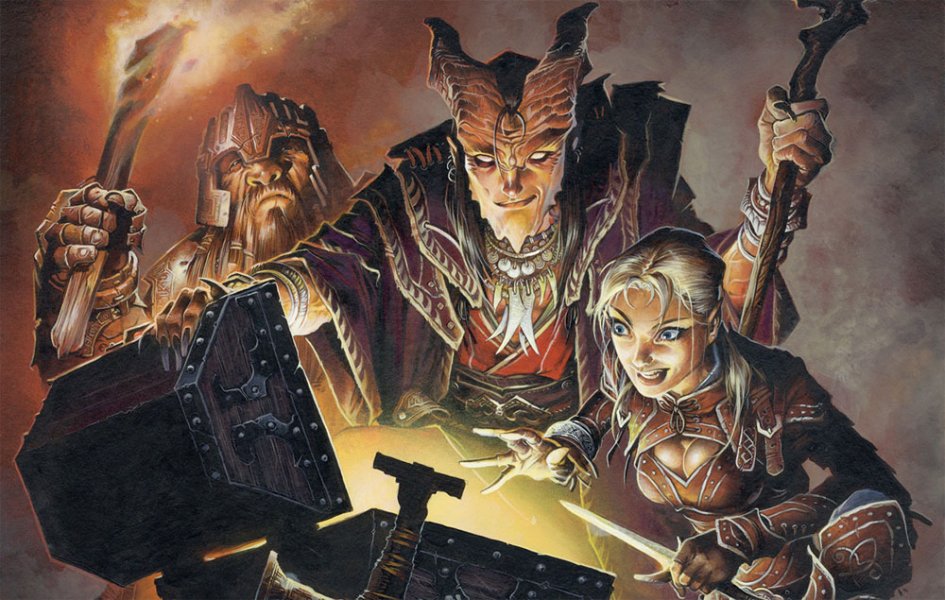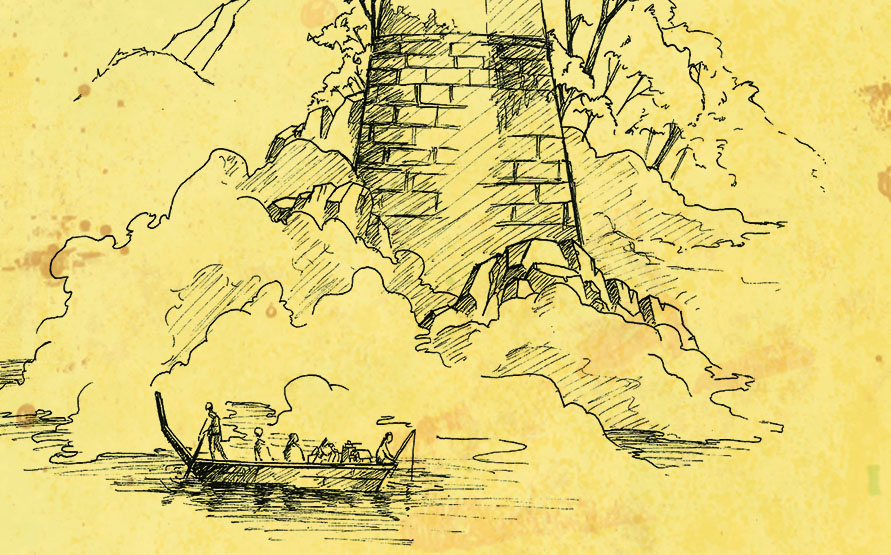If you’ve done these things and you still feel upset, then be willing to distance yourself from the game for a moment and have a discussion about it, out of character. Communicate about how you’re feeling and why you feel that way. If it’s a rules or logistics thing, explain why you think it should be the way you’re proposing. As a GM, listen to your players and consider what they’re saying; however, you need to also be willing to make a final call and move on (perhaps promising a one-on-one discussion with the player after the session). As a player, be willing to accept that final call for the moment and move on.

All Heroes are Created Equal
If you get any group of people together, some people are going to be chattier or quieter than others. Don’t let this phenomenon lead to one player telling the other characters what to do all the time. This isn’t to say that a leader isn’t a useful thing to have, if all the PCs want someone to fill that role. If you’re the leader, be a good leader and ask your fellows for their advice. As a GM, encourage quieter players to speak up, and ask them specifically what their characters are doing or what they want to do in the situation. Just because a player is quiet, doesn’t mean he or she isn’t invested in the story. On the contrary, in some of my groups, the quietest players are the ones who are asking the right questions and figuring out the information hidden between the lines.
Be a Considerate Group Member
There’s a lot of bookwork and logistics to take care of for an RPG that meets on a regular basis. In addition to the normal GM stuff of planning the session content, there’s a whole bunch of other stuff that needs to be figured out as well. This can range from setting up when or where to meet, keeping track of loot in each session, being properly prepared for the session (e.g. leveling up characters, having enough dice), bringing a snack/drink tribute, etc. Then there’s RSVPing to the session so the GM knows how many PCs to expect, showing up on time to the session, and letting the group know when you need to leave.

Dropping the ball on any of these things can cause variable amounts of strife for the group. To keep it simple: don’t be a jerk. Try to do your part and volunteer to help keep track of bookwork or logistics. Try to come as prepared as possible. Be as communicative as possible - if you can’t make a session, tell the GM in advance, don’t just not show up. If you have to drop the sessions for a period of time (or indefinitely), just let everyone know. Being a considerate member of the group will help everyone have a good time.
And really, that’s what RPGs are all about: having fun together. People love RPGs because they’re so dynamic; they’re all about encouraging the players and GM to be creative. Because they’re so freeform and uniquely structured, however, it’s important to keep certain things in mind. I believe that RPGs are most enjoyed when they’re treated as fully co-op experiences, so my points focus on facilitating a cooperative RPG environment accordingly. What experiences or advice would you like to contribute to this discussion? As always, let us know in the comments below, we’d love to hear!